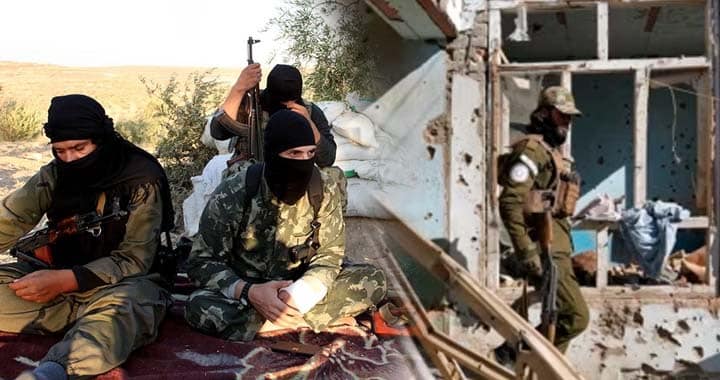Attacks carried out by the Islamic State Khorasan Province (IS-KP) in Afghanistan have decreased in both number and scale over the past three months, according to the latest quarterly report by UN Secretary-General António Guterres. However, the overall security situation in the country has deteriorated, with a sharp increase in violence, threats against UN personnel, and attacks by anti-Taliban armed groups.
The Secretary-General’s report, shared by a senior UN official, covers developments from 1 May to 31 July 2025 and provides a detailed overview of the evolving security landscape in Afghanistan.
The report notes that Taliban forces have continued targeted operations against IS-KP in the eastern provinces of Kunar and Nangarhar, resulting in a reduction in IS-KP’s operational capacity.
Despite this, IS-KP remains a threat. On 14 June, unidentified assailants killed and decapitated a Shia imam in Nusai district, Badakhshan, and placed an IS-KP flag at the scene. Just weeks earlier, on 26 May, a Taliban attack on a Salafi cleric in Shuhada district, also in Badakhshan, left the cleric and his guard dead.
Armed clashes between IS-KP and Taliban forces also continued during the reporting period. On 15 June, IS-KP fighters targeted Taliban forces in Dara-e-Noor district, Nangarhar province. A further confrontation occurred on 8 July in Alingar district of Laghman province.
The Secretary-General expressed concern over the safety of UN personnel in Afghanistan. Over the three-month reporting period, 57 security incidents and threats targeting UN staff were recorded. In May alone, dozens of female UN employees received death threats from unidentified individuals, prompting the UN to adopt temporary security measures in various locations. The Taliban has denied involvement in the threats, and the perpetrators have not yet been identified.
The report also highlights the resurgence of armed opposition to the Taliban. Five groups; the Afghanistan Freedom Front, the National Resistance Front, the Afghanistan Liberation Movement, the People’s Sovereignty Front, and the National Mobilisation Front, collectively claimed responsibility for 47 anti-Taliban attacks during the quarter.
Of these, the UN was able to independently verify 19 incidents.
A total of 2,658 security incidents were recorded between 1 May and 31 July — marking a 9 percent increase compared to the same period last year.
The Secretary-General’s quarterly report was submitted in accordance with UN General Assembly Resolution 79/317 (2025) and Security Council Resolution 2777 (2025), which mandate regular updates on the situation in Afghanistan and the implementation of the UN Assistance Mission in Afghanistan (UNAMA).





